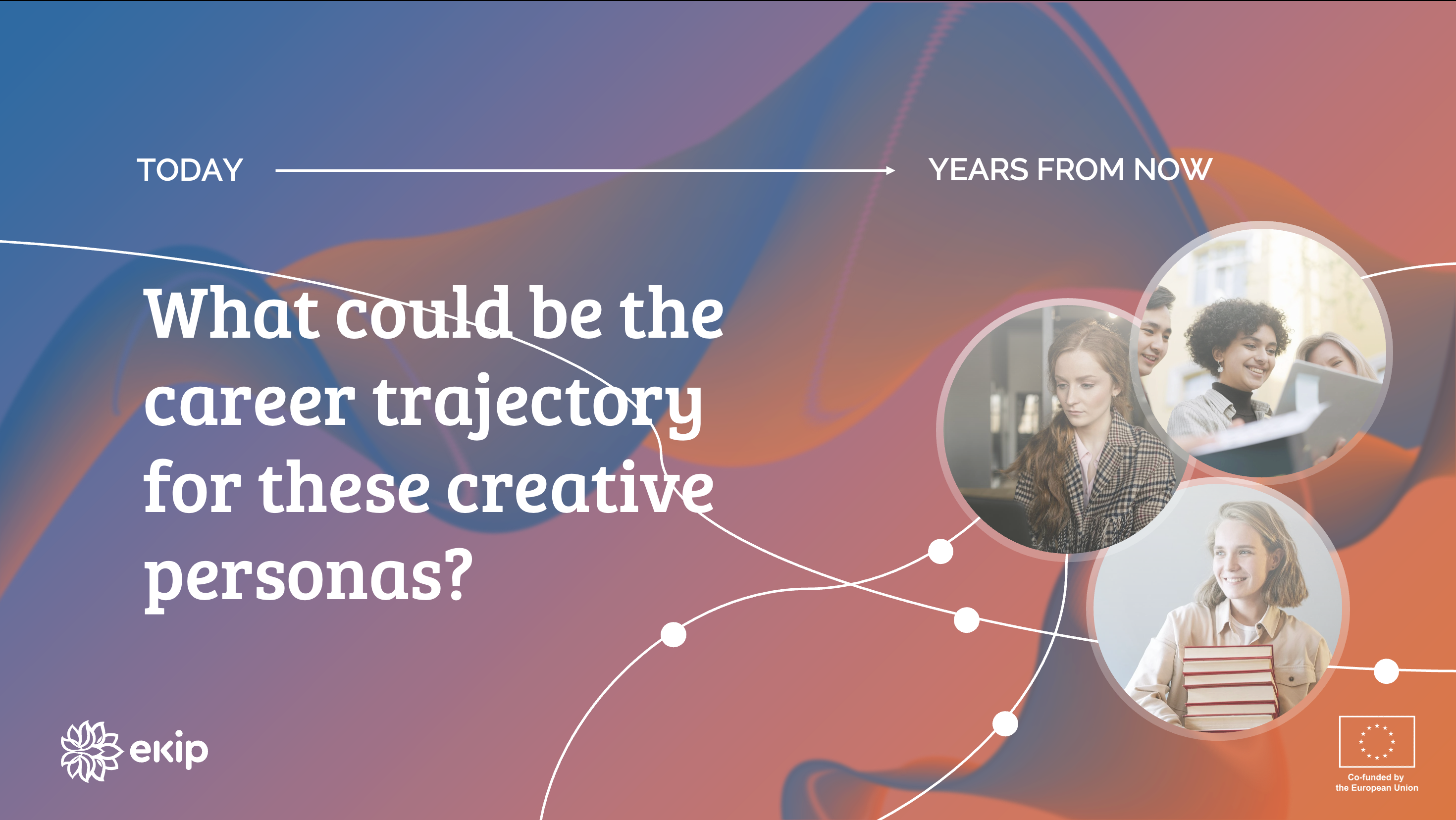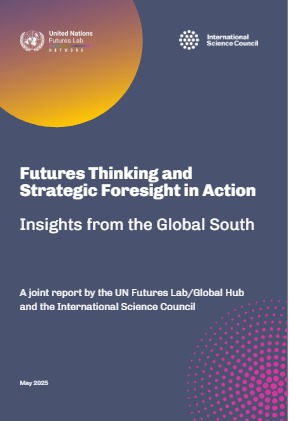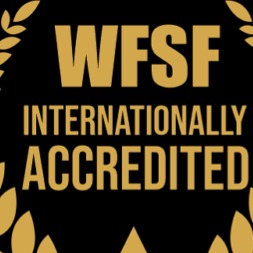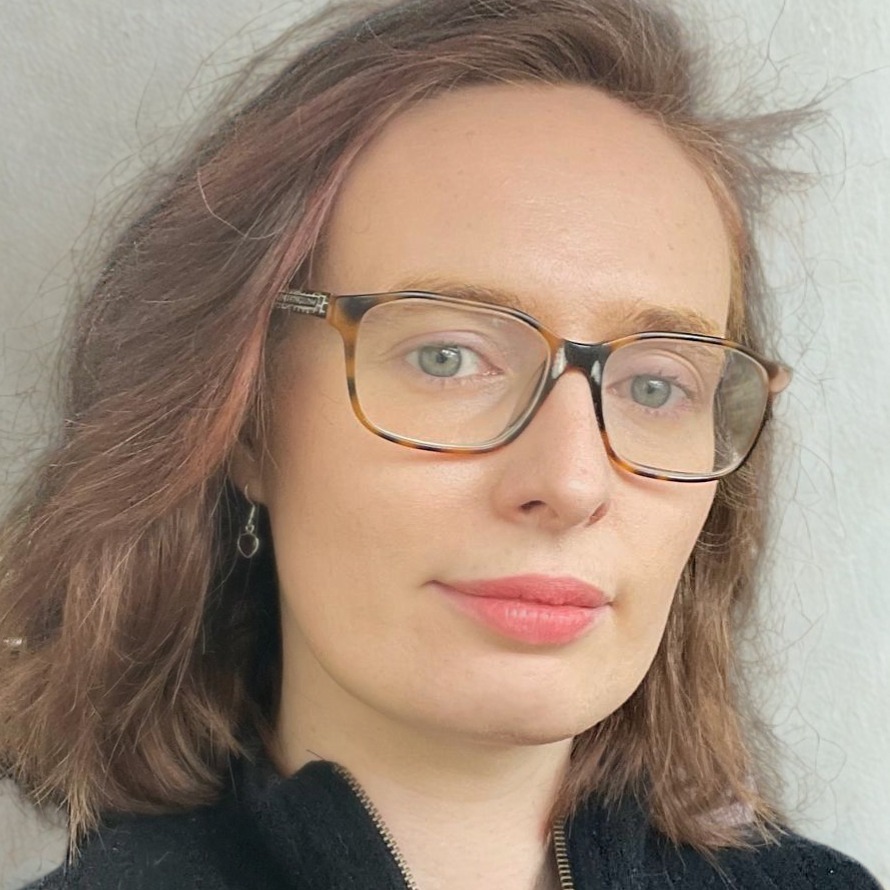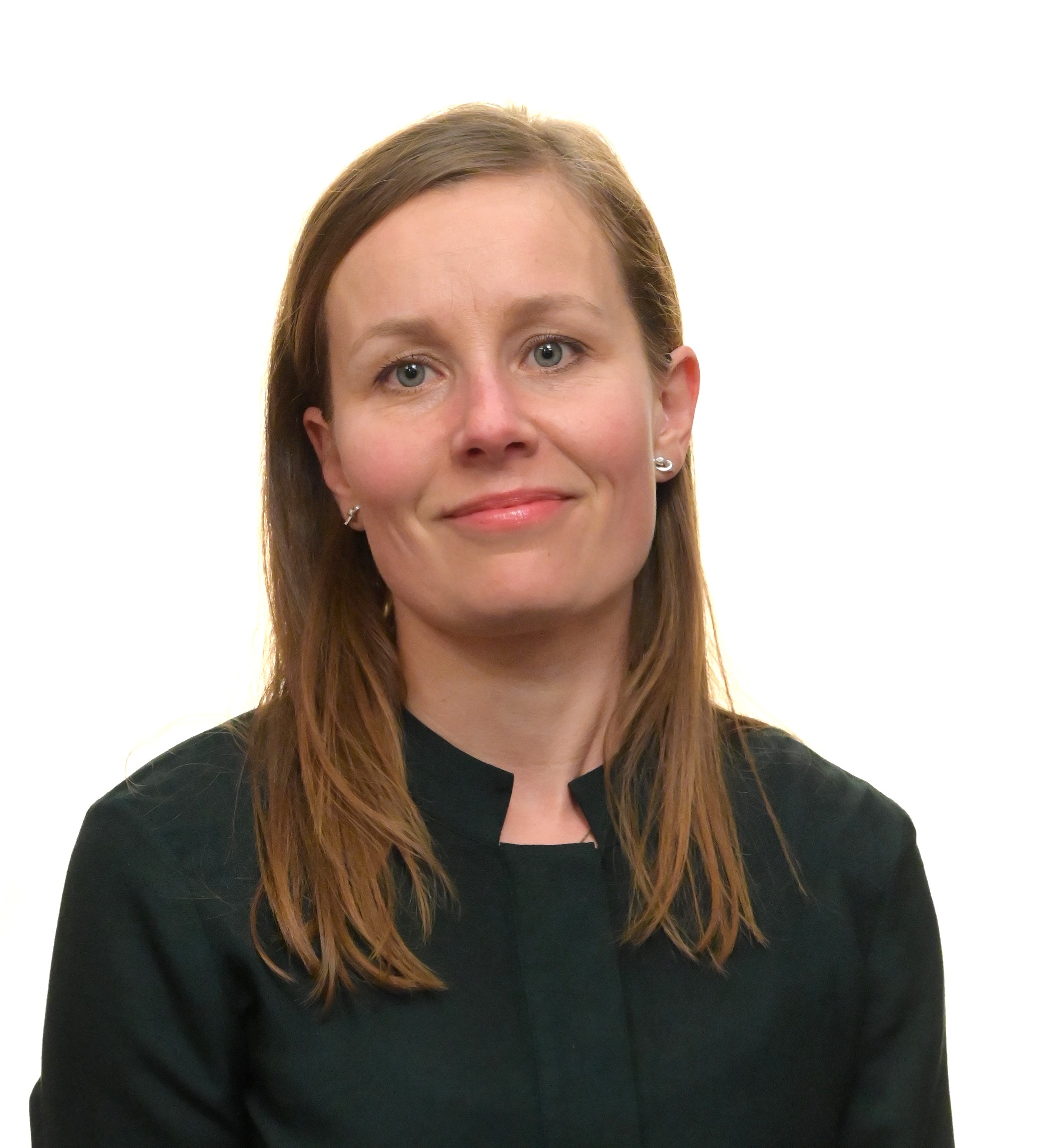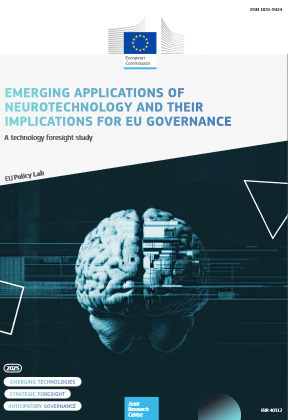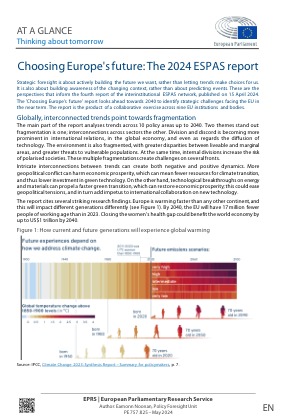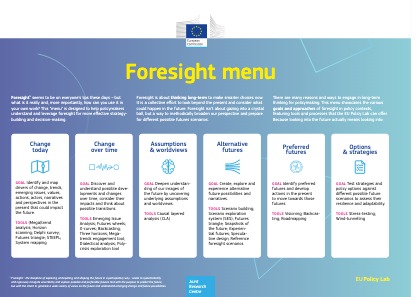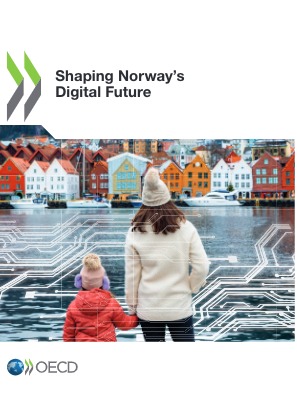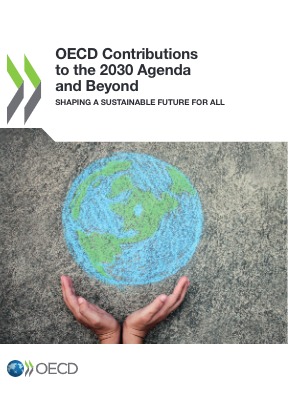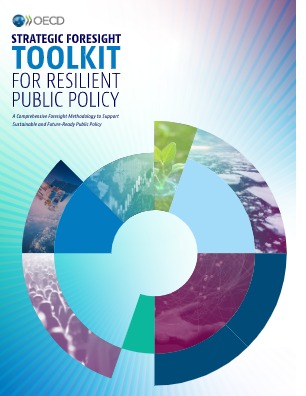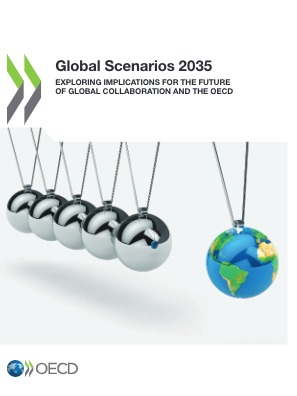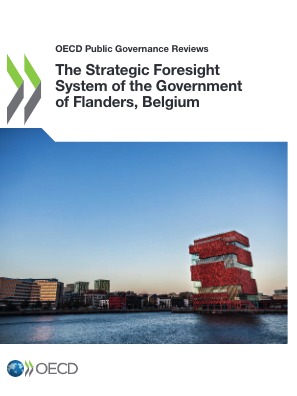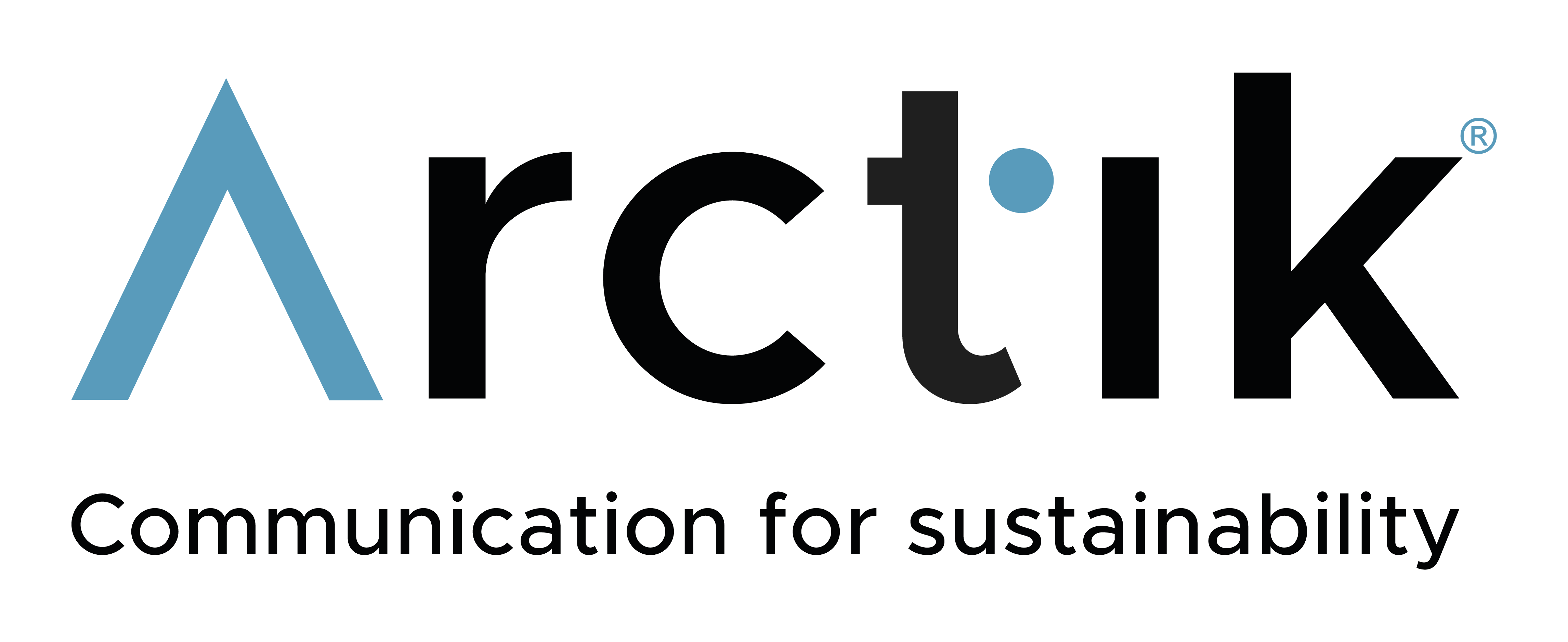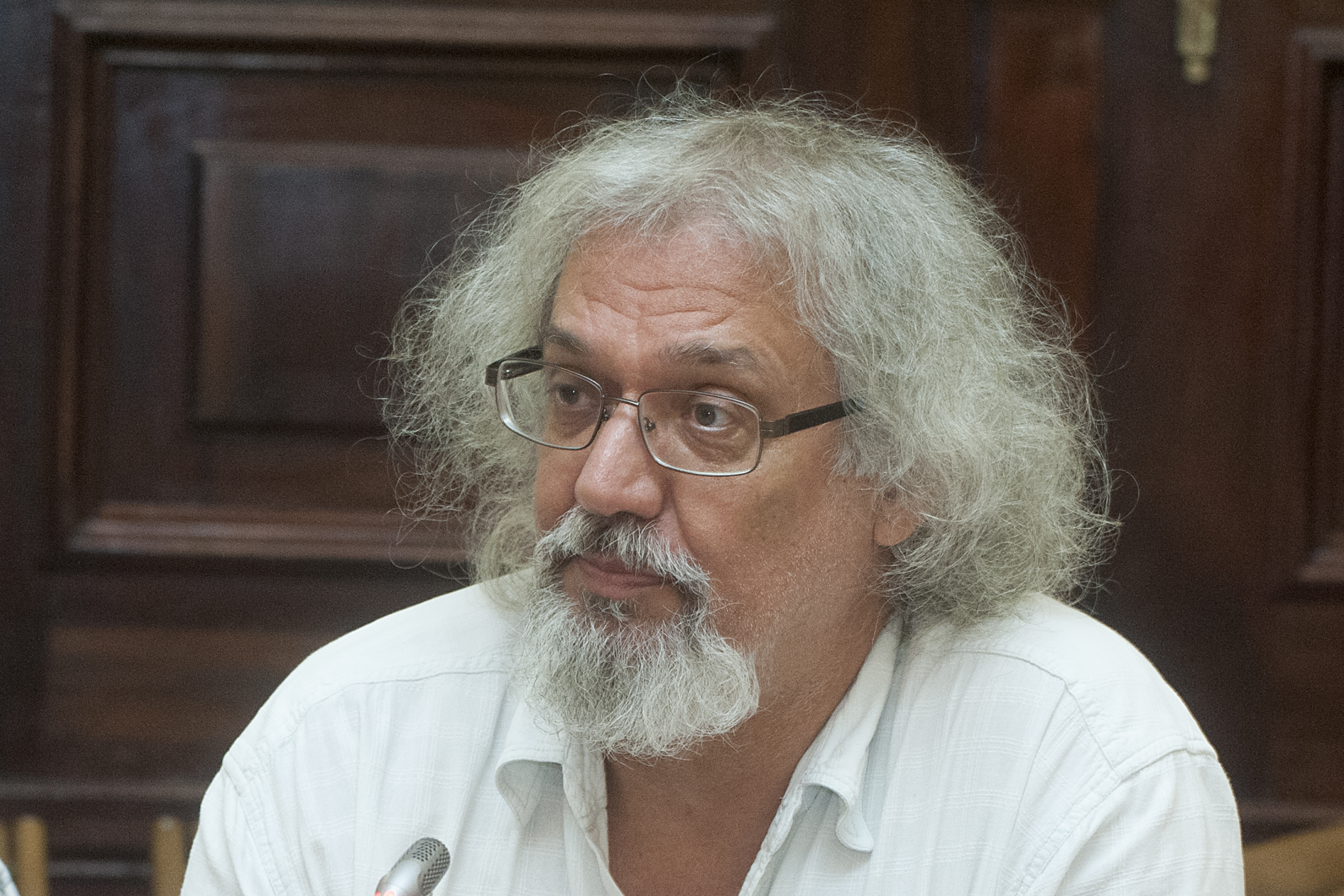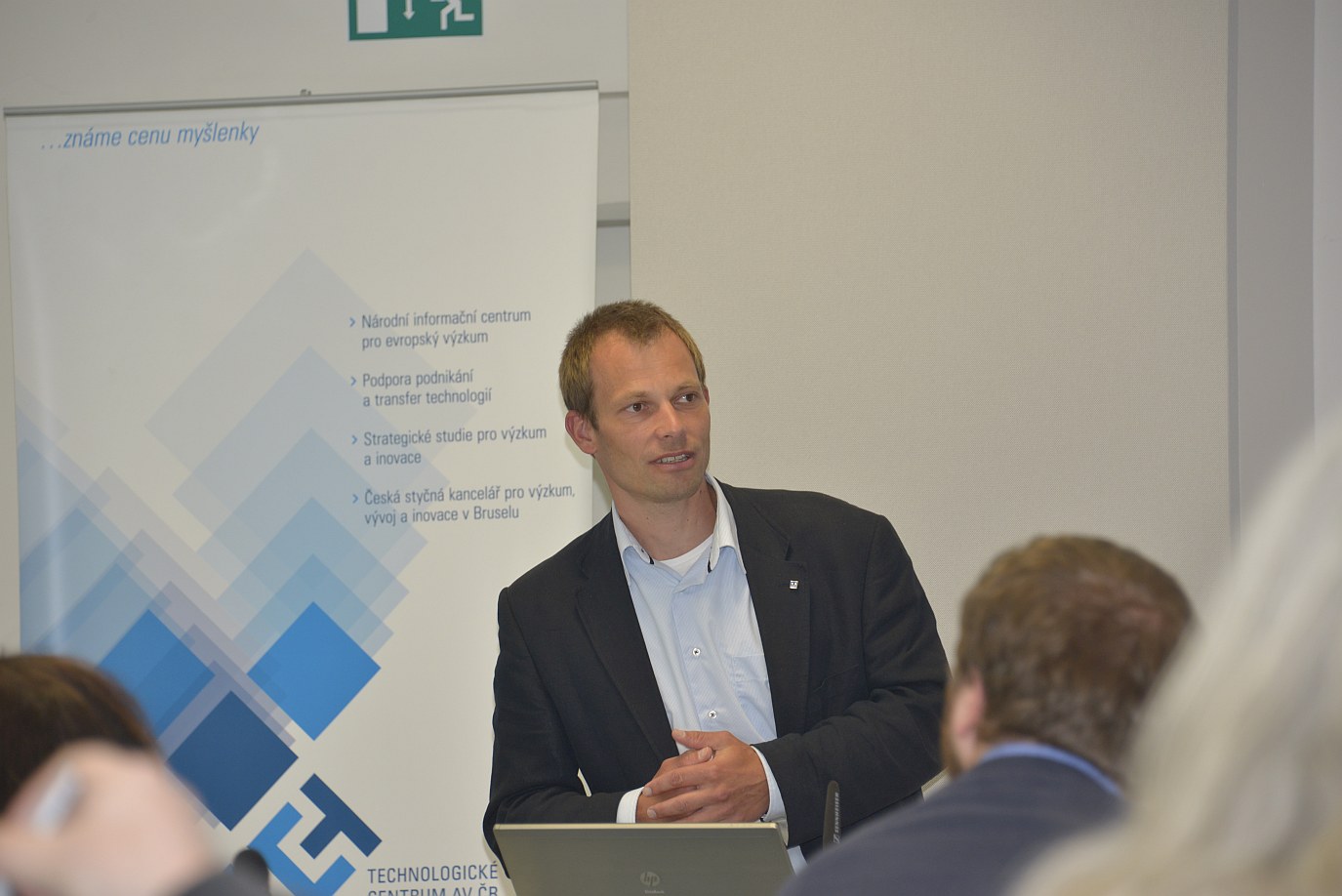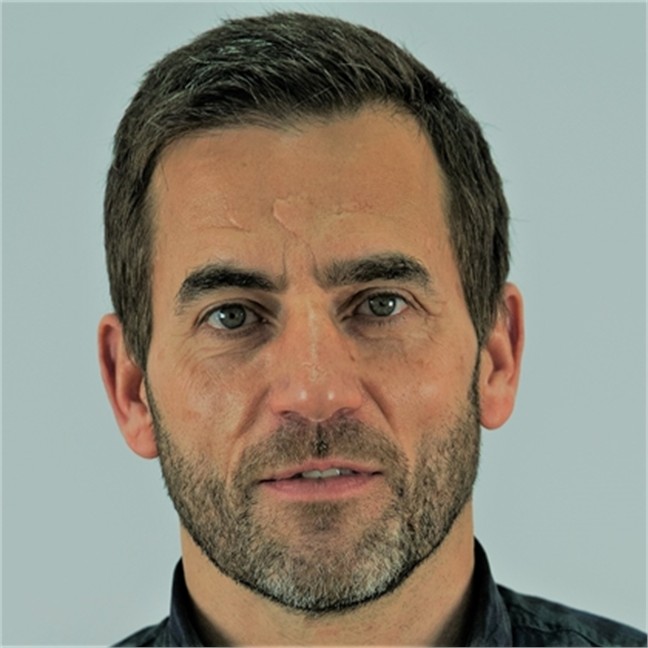The world is at a critical juncture, facing an array of interconnected global challenges. These challenges affect everyone, particularly the poorest and most vulnerable, and range from the triple planetary crises of climate change, biodiversity loss, and pollution, to pandemics, food and energy shortages, large-scale forced migration, rising domestic and global inequality, and escalating armed conflicts. In this context, there has been an alarming stagnation in progress towards achieving the Sustainable Development Goals (SDGs). The rise in public debt levels in many low- and middle-income countries is concerning. The United Nations (UN) Secretary-General's 2023 special edition report on SDG progress underscored that the next five years are critical, as failure to achieve the SDGs could lead to even greater poverty and inequalities, political instability, economic upheaval, and irreversible environmental damage.
Yet, many countries are facing challenges in ensuring that their governance systems are capable of addressing these complex and interconnected challenges. A need for better governance, effective policy integration, sustainable investment choices as well as effective use of public resources, including Official Development Assistance (ODA), - as well as better international governance of SDGs - to meet sustainable development needs has never been more urgent. Delivering these improvements will require unprecedented action and decisions from public institutions and political leaders, effective and inclusive multilateral cooperation, with the goal of uniting diverse stakeholders to deliver nothing short of a rescue plan for people and the planet, in line with the call to action made by the UN Secretary General.
As countries approach 2030, there is increasing recognition that the SDG commitments to “leave no one behind” and “reach those furthest behind first” need to extend beyond this timeline. In this context, the UN Summit of the Future presents a unique opportunity to tackle both current and future challenges, with a view to enhancing global collaboration on critical issues. The OECD’s policy work and active global engagement demonstrates its commitment to support all countries to individually and collectively achieve this objective.
This Report aims to provide OECD support to inform decision making ahead of the UN Summit of the Future and following high-level events. It leverages OECD knowledge, data, tools, instruments and good practices to support national and international actions to respond to future challenges and opportunities. This report addresses two major breakthroughs proposed in the UN Secretary General's Rescue Plan for People and Planet: equipping governance and institutions for sustainable and inclusive transformation, and prioritising policies and investments with multiplier effects for sustainable development. It also aligns with the bold actions outlined in the anticipated Pact for the Future, addressing three of the five key priorities: sustainable development and financing for development; science, technology, innovation, and digital co-operation; and youth and future generations.
Governance for equitable and sustainable transformation
Transforming governance systems for sustainable development requires overcoming sectoral silos and policy fragmentation, as well as setting practical, and where feasible, ambitious and coherent economic, social, and environmental objectives that extend beyond short-term political cycles. Establishing robust policy coherence mechanisms is therefore needed to harmonise policy priorities and promote collaboration where most effective, with a view to reducing policy fragmentation, ensuring mutually reinforcing policies across sectors and government levels, and minimising negative transboundary effects of domestic policies.
Sound governance for sustainable transformation also calls for the strategic use of various government tools - such as strategic foresight, people-centred public policy, mechanisms for stakeholder engagement, regulatory policy, public procurement and budgeting – in order to build resilient, sustainable and inclusive societies. It also calls for ensuring information integrity and providing access to justice for all, which are critical for the sound implementation of individual rights and government commitments.
Effective governance systems also require the alignment of public investments with the public interest and sustainability priorities, including through the use of existing planning tools, such as National Sustainable Development Strategies, National Development and Decarbonisation Plans, strategic public investment decisions to foster inclusive and sustainable futures, stimulating further investments from private and other sectors, and leveraging transition finance to build resilient infrastructure and other strategic sectors. Integrity and building trust are also core objectives, crucial for fighting corruption and illicit financial flows, essential for effective public service delivery and sustainability. There is also a need to develop and maintain regulatory frameworks that facilitate compliance with SDGs, including the integration of the SDGs across the regulatory cycle and enhancing regulatory co-operation. In addition, developing new measures of progress that focus on both people and the planet will be crucial to a more holistic understanding of global economic prosperity and progress beyond GDP. To this end, the newly established International Forum on Total Official Support for Sustainable Development (TOSSD) could play a pivotal role.
Finally, adopting a territorial approach to the SDGs is essential as cities and regions play a critical role in promoting a paradigm shift towards sustainability. At least 105 of the 169 SDGs targets will not be achieved without proper engagement and coordination with local and regional governments. The SDGs provide the appropriate framework to define and shape local and regional development visions, strategies, plans, and re-orient existing ones towards sustainable development.
Policies and investments for sustainable transformation
Sustainable transformation requires prioritising policies and investments that are mutually reinforcing and can catalyse progress across social, economic, and environmental dimensions, serving as multipliers to accelerate the achievement of the SDGs. This includes closing divides to leave no one behind, through strengthening policies and investments for social inclusion and identifying areas where social inclusion initiatives can be pursued in synergy with environmental protection. A key example of this is pursuing universal social protection, in light of its significant multiplier effects across different SDGs and incomparable potential for promoting just transitions. In addition, leveraging environment-human-well-being synergies is essential for coherent and effective SDG implementation. This requires enhancing transition finance credibility, strengthening domestic enabling conditions, addressing the labour and distributional impacts of climate policies, accelerating access to clean energy, and protecting biodiversity. In addition, there is a need to strengthen measures to protect lives in disaster situations by aligning disaster risk reduction and climate change adaptation responses.
Additional financing for sustainable transformation
Delivering an SDG stimulus requires innovative and collaborative solutions to unlock and scale up all sources of financing – public and private, domestic and international – for sustainable development and to address interlinked global crises. These need to harness productive trade and tax revenues, as well as international flows, to support SDG financing, including through innovative financing mechanisms, ensuring that financial flows, trade, development co-operation and other policies align with SDGs and promote inclusive and equitable outcomes, as well as encouraging green budgeting, developing effective tax policies, and improving tax administration, including via digitalisation of tax processes. This may also include innovative forms of financing, such as targeting support to enhance co-operation between public and private financial institutions through blended finance instruments, green, social, and sustainability bonds, and local currency solutions. Once again, integrity, compliance, anti-corruption and the fight against illicit finance are crucial for effective domestic resource mobilisation and attracting additional external financing from both private and public sources.
Science, technology, and innovation (STI) for sustainable and inclusive transformation
It is essential to design and implement STI policies in a manner to address societal challenges and achieve sustainable transformation, as set out in the OECD Transformative Agenda for STI Policies. Promoting trustworthy artificial intelligence (AI) is critical for digital transformation. AI is a powerful, versatile technology which has the potential to transform how we work, learn and interact, boosting productivity and economic growth and accelerating progress towards addressing global challenges, such as food security and climate change. However, we also need to address the risks raised by AI technology, including those related to privacy, safety, security, human rights and AI-generated disinformation and manipulated content. Beyond AI, policy efforts needed in the area of digital transformation also include enhancing broadband connectivity; achieving well-performing digital health systems through digital technologies; and, strengthening data governance frameworks while upholding human rights, including women’s and girls’ human rights, which face additional risks in the digital sphere. Strategic foresight should be used for anticipatory and innovative policy exploration about multiple futures, including by assessing emerging critical risks and opportunities in the face of various technological advancements and their implications on our economy and society. Strengthening data governance frameworks will be essential to ensure high standards of data protection, and facilitate data access and sharing across jurisdictions, including in the public sector.
Empowering youth for a more equitable and sustainable future
Addressing the needs and rights of youth and future generations is crucial to achieve sustainable development and intergenerational justice. This requires policies that promote formal job creation, high-quality employment services, and support for youth entrepreneurship, as well as social protection systems to meet the specific needs of youth, access to affordable housing, and outreach to vulnerable and disadvantaged young people. Promoting active, meaningful, and inclusive youth participation in decision-making processes at all levels will also help ensure that policies are reflective of their needs and aspirations.
Source: OECD - Publications


